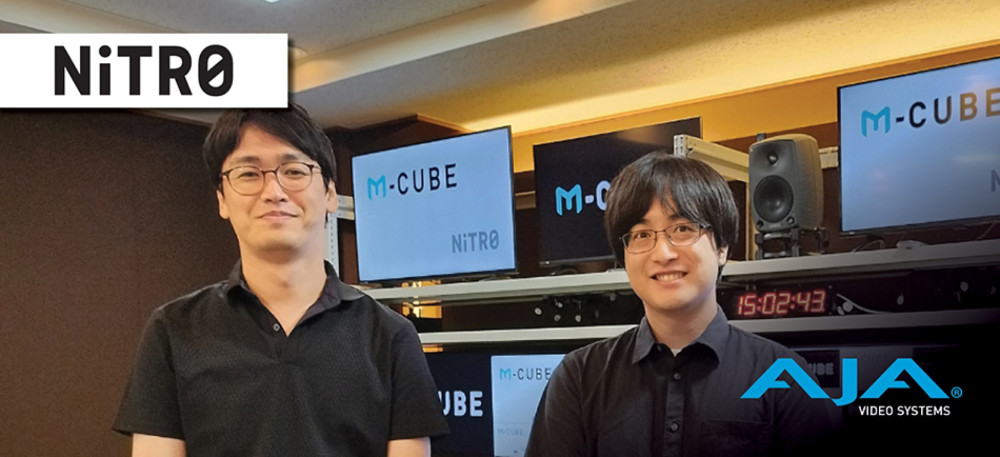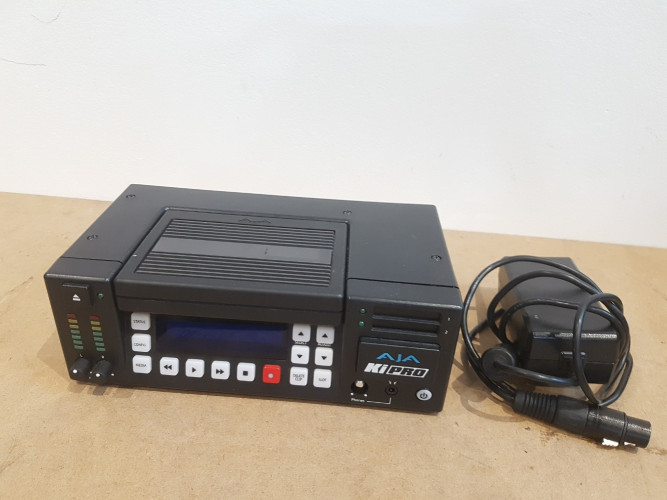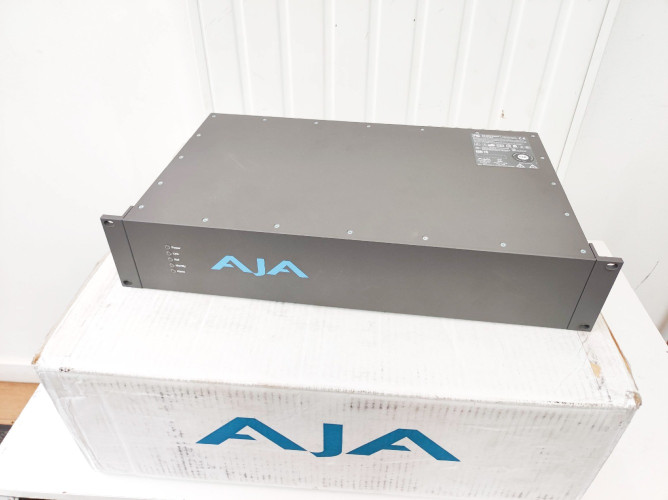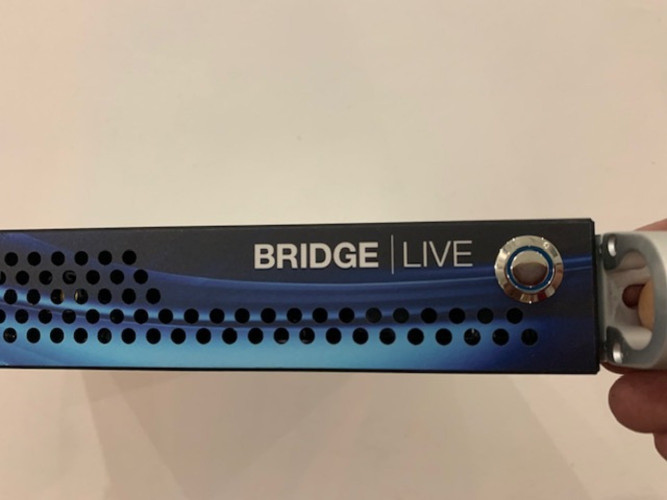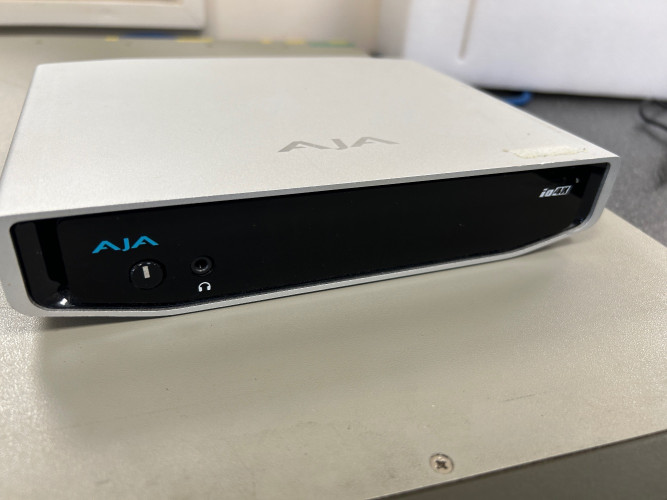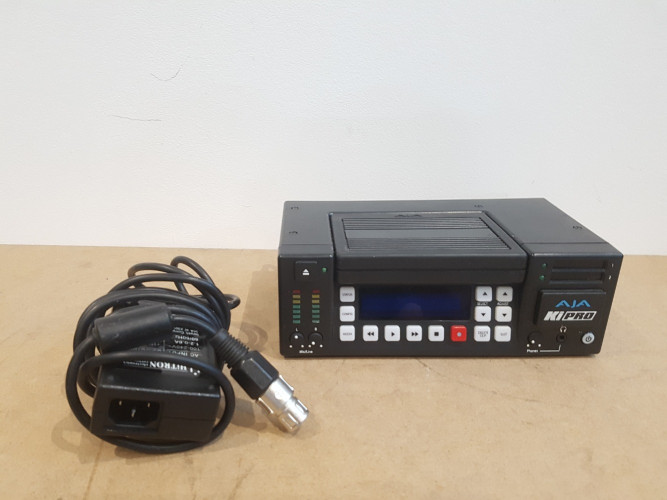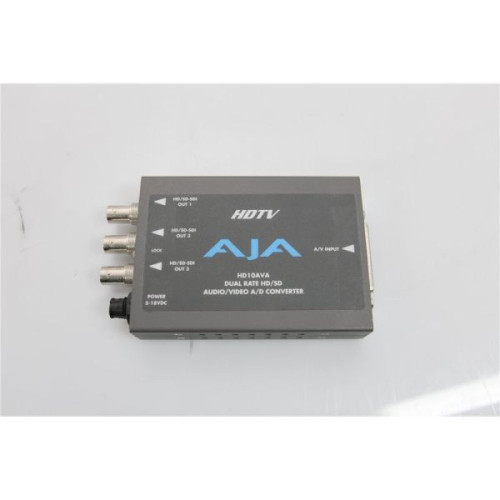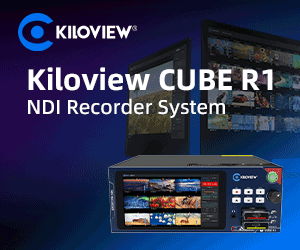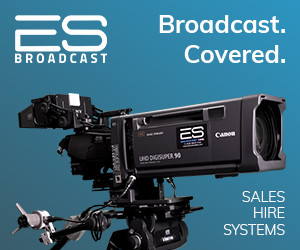Esports’ rapid rise to popularity can be attributed to many factors, from technological advancements that have enhanced the quality of modern gaming experiences to the proliferation of streaming platforms, which have paved the way to an era of global esports influencers with massive fan followings. Considering the sport’s upward trajectory, Japanese production company NTV Technical Resources Inc. (NiTRo) combined its broadcasting expertise with its television production, post production, and CGI chops to launch M-CUBE in 2022. Located in NiTRo’s Tokyo-based facility, the virtual production studio is now home to sophisticated esports productions for some of Japan's largest gaming leagues. To support encoding and routing needs across a growing range of productions, NiTRo’s team integrated AJA HELO Plus H.264 recorders/streamers and AJA KUMO 6464 3G-SDI routers into its M-CUBE pipeline.
To get M-CUBE off the ground, NiTRo initially leveraged a former online editing room, which it renovated and retrofitted using existing equipment. Since its opening, the studio has been tapped for several esports league productions, as well as for the streaming of international motorsports events, small-scale events, and corporate online seminars. Looking to enhance its facility and increase the number of users it could support, it began plans for an update. Its main goal with the upgrade was to establish an environment optimized for esports streaming that would be accessible to even the most novice user. Signal stability and the capacity to display content from remote participants (including on-screen graphics) in real-time, all while supporting streaming to multiple content delivery networks (CDNs), were also considerations.
After the upgrade, the M-CUBE studio now includes a sub-control room, equipment room, editorial suite, two dressing rooms, and three production backgrounds (white, dark blue, and a simple chroma key green); the setup makes it easy for a play-by-play announcer and commentator to be in the studio while players participate online. If needed, NiTRo’s on-site CG department is also accessible to M-CUBE productions.
At the center of the M-CUBE workflow is Telestream Wirecast Pro streaming software, which is used studio-wide at NiTRo. The team’s backup encoder of choice is AJA HELO Plus, which supports SDI and HDMI input/output and can simultaneously record while sending up to 1080 60p signals to a CDN. It has enabled NiTRo to simultaneously stream to two locations with individual settings for each destination and provided a failsafe, as the team configured it to turn on immediately in the event of production system failure.
“In sourcing equipment, our main goal was to meet the streaming requirements of the esports leagues that NiTRo runs. Also, different operators use the system for different projects, so we needed the system to be intuitive to operate, making HELO Plus the perfect choice,” shared NiTRo Technical Director and Video Engineer Masaaki Iwahara. “When building the system, we carefully tested the equipment and were impressed by its stability and reliability.”
“The fact that HELO Plus also allows us to simultaneously deliver in two bit rates was a determining factor,” Ryuichi Koyama, a video engineer at NiTRo, added.
NiTRo’s esports productions often involve many audio and video inputs and outputs that require the connection of many coaxial cables. Managing all these signals can prove taxing, which is where AJA’s KUMO 6464 router has proven indispensable to M-CUBE; tucked into a slim 4RU body with 3G-SDI connectivity, it includes 64 inputs and outputs, which the studio often maxes out. “For esports streaming, we use all of our available inputs and outputs,” explained Iwahara. “But, for small-scale streaming gigs, we use only what’s needed. With KUMO, we can easily scale on demand.”
M-CUBE’s workflow also consists of one Panasonic and two Canon cameras, two KUMO CP2 control panels, a switcher, and five SKAARHOJ sub-controllers for tactile control. As NiTRo continues to grow its business in the coming years, it plans to expand its use of M-CUBE for esports and live event production on other entertainment and corporate event productions, and as it does, its AJA gear will continue to provide pipeline stability.



